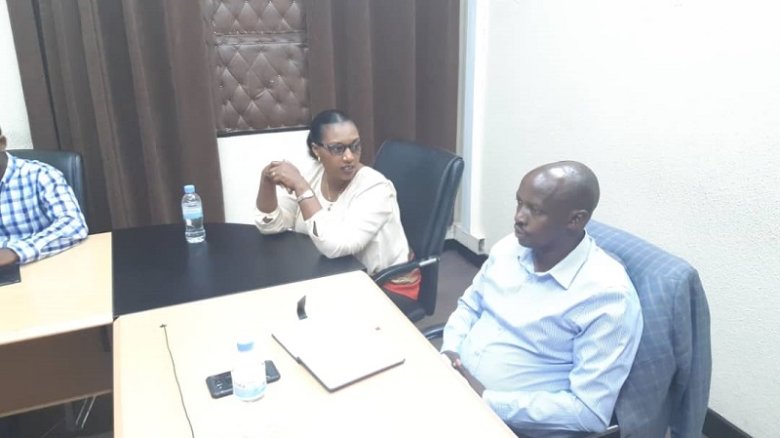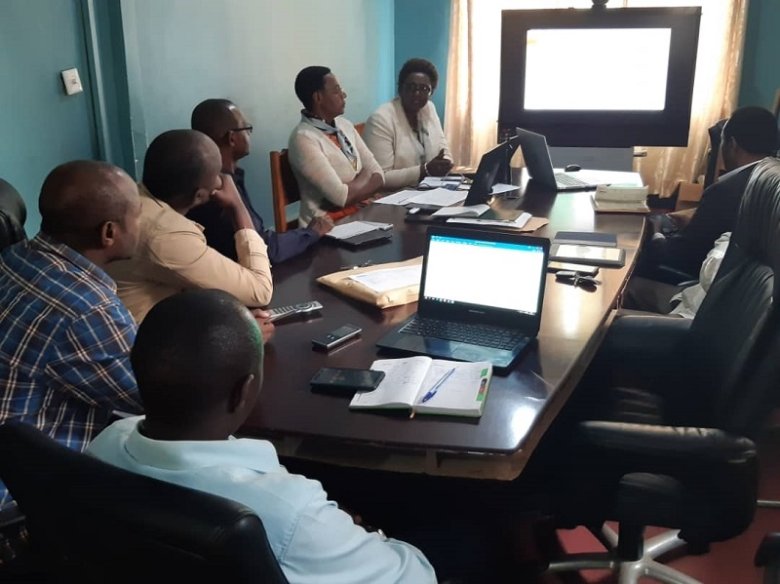In line with its mandate of building the capacity of its members but also in line with its objective to assist local government entities in achieving their mission, RALGA embarked on a program to train key leaders and staff in all the 6 Secondary Cities on effective engagement of the Private Sector and Higher Learning Institutions (HLIs) in local urban development programs through JADF. The training is based on a toolkit handbook inspired by the successful experience of the Municipality of Eindhoven in the Netherlands in the sector of stakeholder engagement. The training sessions kicked off on 18th September 2019 in Nyagatare district and so far also covered Muhanga and Huye districts. They are in the context of the implementation of the Inclusive Decisions at Local Level (IDEAL) project funded by VNG International.
Engagement of Private Sector and HLIs needed for more efficiency
As well articulated in the National Strategy for Transformation (NST1), transforming people’s life is a key priority for the current government’s action. the Joint Action Forum (JADF), as a platform meant to bring together all actors operating at district level, was identified as having a huge potential to help the districts to achieve the government’s goal.
During their discussions, participants largely agreed on the fact that transforming people’s life requires identifying and understanding their needs, elaborating an adequate plan to address the identified needs in a sustainable way, finding enough resources, properly implementing the plan elaborated, but also looking back and assess the realisations to be able to improve. RALGA’s Deputy Secretary General, Ms. Francine TUMUSHIME noted that, despite commendable efforts by districts to provide quality service to their citizens, a lot was still to be done to address the various human security issues still facing them.
Participants to the training sessions highly appreciated RALGA’s initiative to elaborate the handbook with various tools meant to help them to engage key partners such as the Private Sector and HLIs. Through practical examples, participants in all covered districts devised strategies to bring the Private Sector and the HLIs in their respective districts to actively contribute to JADF. As a matter of example, HLIs are expected to play a key role in various activities such as citizens’ needs assessment, policy analysis,… through research. They also expect HLIs to adjust their teachings and research to topics which will impact the society.
Officials in those districts appreciated how the training provided was relevant and fruitful and that it will help them to improve their daily work.





